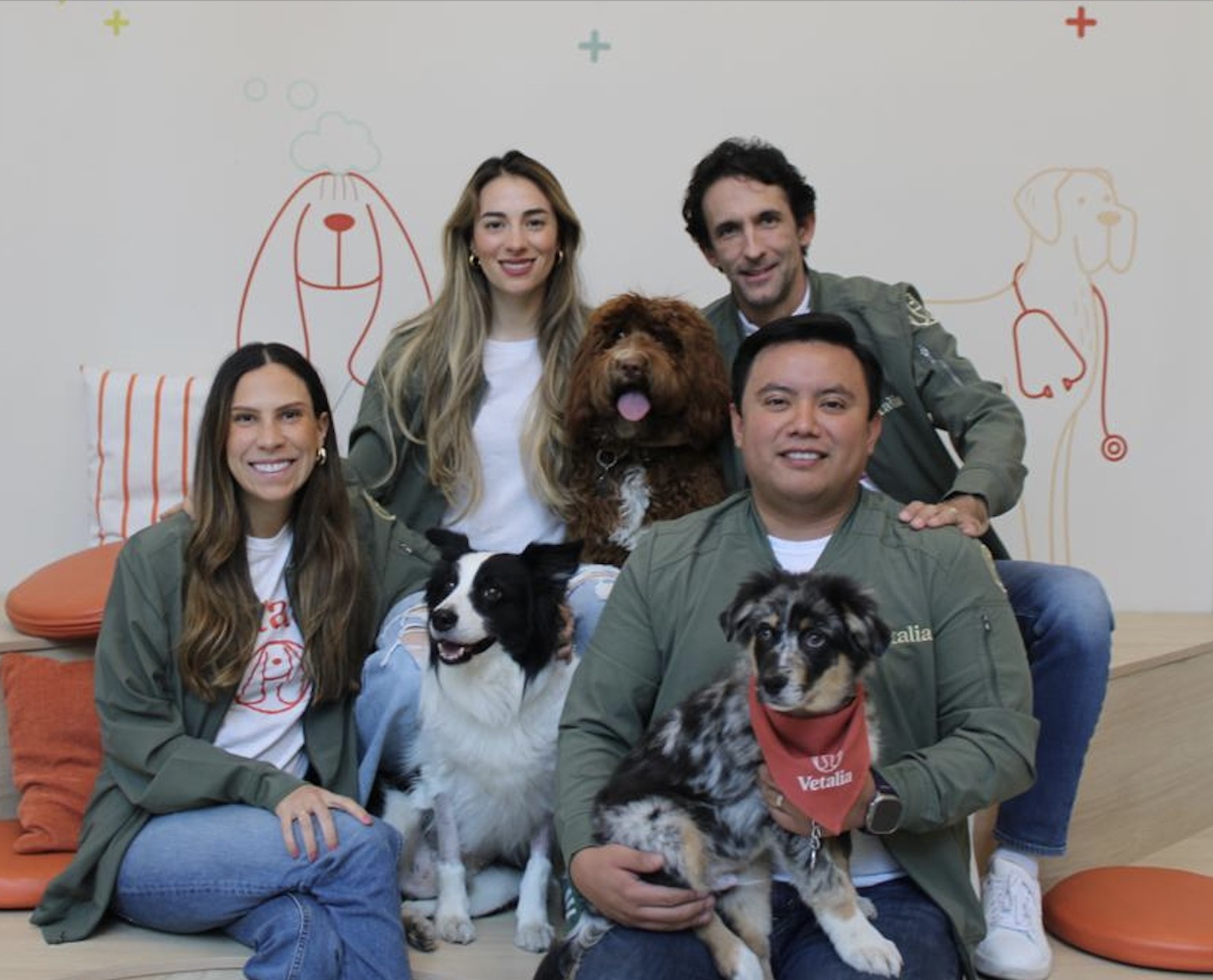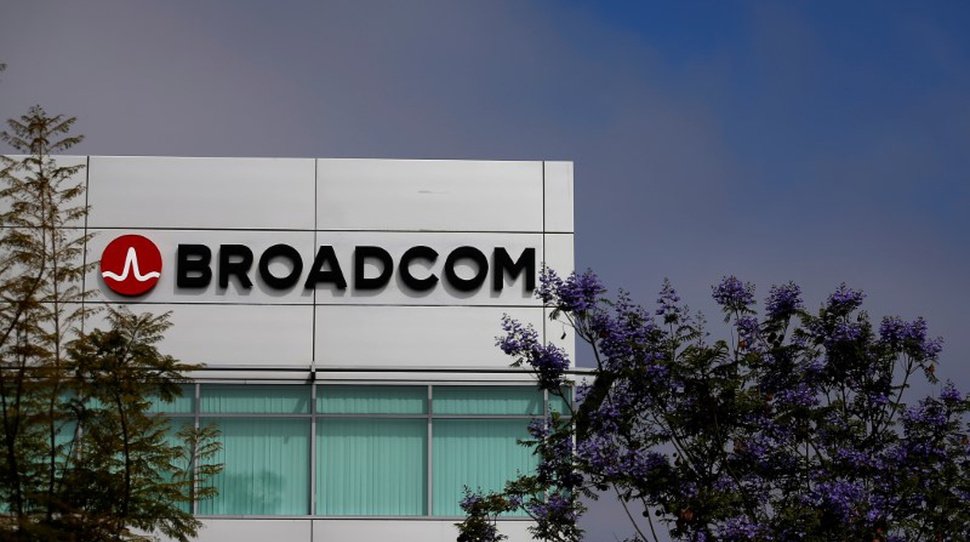
María Gutiérrez, co-founder and CEO of Vetalia is convinced that the animal care industry -especially the veterinary service industry- is a very neglected industry in which there are several inefficiencies that have an impact on the quality of services for the end consumer.
That is why he founded Vetalia 18 months ago, together with his team formed by Marion Benítez Landa, CGO, Antonio R. Remolina, Chief Medical Officer and Fernando Estrada, COO. The startup has managed to build an innovative and standardized animal health ecosystem with the help of technology.
“The consumer is increasingly demanding with the quality of veterinary services and Vetalia is a response to this,” Maria Gutierrez shared to Contxto.
“We saw a huge opportunity in improving customer care and service, in addition to having understood the pain-points of operating a network of hospitals, providing improvements in the animal health ecosystem in general, thus solving problems for ourselves, which we then scaled for other companies,” she added.
In a nutshell, Vetalia is an animal health ecosystem (a B2C business) and provides solutions to other animal health companies (through a B2B business). It currently has a portfolio of more than 15,000 clients, with an average recurrence of 5 visits per year.
Within the veterinary clinics vertical, it offers preventive services, surgeries, emergencies and specialties. It also has a business sales vertical where it offers diverse solutions to more veterinarians.
Gutierrez boasted that from December 2023 to December 2024 they had a revenue growth of 400%, so that by 2025 they are looking to close with triple-digit growth.
For now, the company has a portfolio of 10 hospitals of its own, 5 veterinary companies in partnership and two additional verticals of services to the industry.
By the end of 2025, the goal is to close with 16 owned clinics and 10 integrated veterinary assets. Vetalia has managed to scale with control and sustainability, achieving that its hospitals reach the operating break-even point on average in the fourth month of operation.
They currently have a presence in Mexico City, State of Mexico and Monterrey. “Our plan is to reach the main cities in the country and expand there,” he said.
To finance growth, the company not only leverages its own cash flow, but also the Series A raised in 2023, in which it raised 10 million dollars from IGZUS, a private equity fund, and strategic investors.
Technology-enhanced veterinary care
According to Storecheck, a market data analytics firm, the pet care industry will reach $90.4 billion by 2025, growing at 4.5% annually.
This industry still has the potential to transform through technology. Another example of this is Petycard, a Mexican startup that offers a digital loyalty card that connects pet lovers with businesses that offer products and services, from veterinarians to pet-friendly restaurants. Jorge Kuri, founder of Petycard, said that in Mexico around 70% have a pet and are more concerned than before about their care.
At Vetalia, technology is a central asset, said Gutiérrez. “We use it both to streamline our operations and reduce costs, which translates into a benefit for users, and to provide a customer service platform that also drives our growth and ability to attract and retain customers.”
For Gutiérrez, the main problem that Vetalia solves is customer service. The CEO explained that with technology, through the platform, she gives her clients the opportunity to schedule appointments, have centralized clinical records and follow up on their pets, which creates a much more complete experience.
On the other hand, Vetalia is developing technology to offer various solutions to more veterinarians and thus consolidate its B2B vertical.
“Technology has been a great ally to solve operational inefficiencies,” concluded the entrepreneur.




